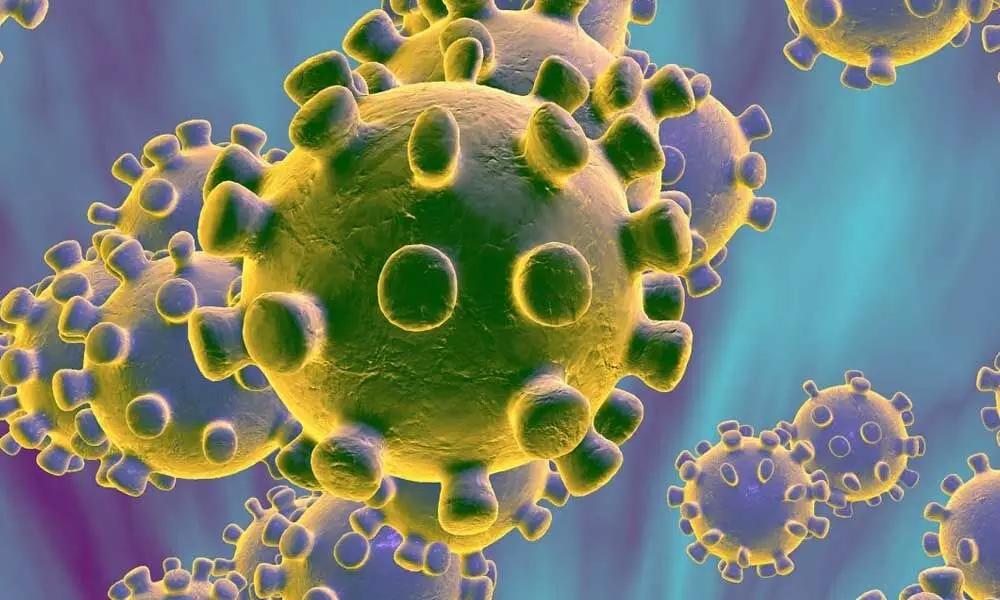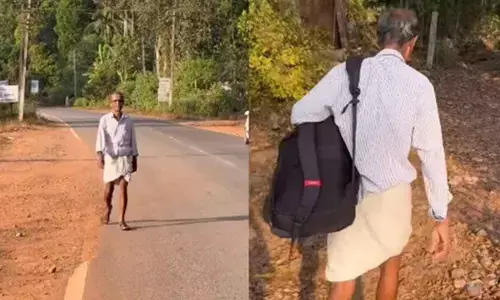2019 Coronavirus: What should I do if I have a close contact with someone who has COVID-19?

Recently, China has spotted a newly identified respiratory virus that causes pneumonia. Cases of the virus, a type of coronavirus called COVID-19, have spread in China, and have also been reported in more than 20 other countries, including India.
WHAT IS CORONAVIRUS?
According to the World Health Organization (WHO), coronaviruses form a large family of viruses that can infect birds and mammals like humans. Such viruses were responsible for many outbreaks worldwide including the 2002-2003 serious acute respiratory syndrome (SARS) pandemic and the 2015 outbreak of Middle East Respiratory Syndrome (MERS) in South Korea. In December 2019, a novel coronavirus (2019-nCoV) triggered an outbreak in China which sparked international concern.
Although some coronaviruses have caused severe epidemics, others, like the common cold, cause mild to moderate respiratory infections
These groups of viruses that can cause a range of symptoms including severe epidemics, others, like the common cold, cause mild to moderate respiratory infections, runny nose, cough, sore throat and fever. Some are mild, such as the common cold, while others are more likely to lead to pneumonia. They're usually spread through direct contact with an infected person.
According to the CDC, the coronavirus gets its name from the crown-like spikes on their surface. (Corona is Latin for Crown.) There are a total of seven coronaviruses, including the newly identified form of the virus, that can infect humans, the CDC says. Many notable coronaviruses include SARS and MERS.
The new virus is denominated COVID-19. It's unclear how easily it spreads from person to person, but the CDC recommends that after close contact with an infected person, anyone who might have been exposed to the disease should monitor themselves for 14 days.
Symptoms to watch for include fever, cough, shortness of breath, trouble breathing, body aches, sore throat or vomiting, diarrhea, common cold, cause mild to moderate respiratory infections, runny nose, cough, sore throat and fever.
How does this virus spread?
Scientists are still studying just how the new virus spreads from one human to another.
"While we do not yet know all the pathways for transmitting the disease, droplets and infected surfaces are likely to spread and eventual airborne[ growth], similar to SARS," said Dr. Mark Denison, a Vanderbilt University Medical Center virologist.
Coronaviruses typically propagate by near contact— a range of approximately 3 to 6 feet. The virus is propagated mainly through a sick person coughing or sneezing at someone, said Dr. Kathy Lofy, a Washington state health officer.
Although it is uncertain how long the new coronavirus will live on surfaces outside the body, a person could also become infected by contact with the virus particles on a surface. When, for example, an infected person sneezes or coughs onto a surface, such as a countertop or a doorknob, and another person touches the surface, then rubbing his or her eyes or nose, the latter may become ill. Also, the SARS virus had spread through feces. Denison suggested the same mechanism for spreading can be used in the new virus but it's too early to know for sure.
How long does it take to get infected?
The incubation phase of the new coronavirus— meaning the time it takes from a person infected with the virus to when symptoms begin to appear — is still unclear. Public health experts work on the assumption, though, that the incubation period is about 14 days. It is uncertain whether, during the incubation period, a person is contagious.
Can face mask protect you from coronavirus?
The CDC suggests that coronavirus patients wear a face mask to protect others around them, or, if the patient is unable to wear a face mask, others should wear it together if they are in the same place. After contact with the patient's body, nurses or people staying in the same house as someone who is ill should also wear disposable face masks, gloves and disposable gowns.
The CDC recommends a more advanced form of mask for healthcare workers in contact with coronavirus patients— one that is uniquely tailored to a person's face to create a barrier and that filters out 95 percent of particles that have at least 0.3 microns in diameters. This form of the mask is called N95. (A micron is 1/1,000th of a millimeter). The size of the particles on the coronavirus is unknown at this time. The diameter of this SARS virus was 0.1 microns.
How many people have been affected?
As of 20 February, China has recorded 2,200 deaths from the Covid-19 outbreak. Health officials have confirmed 74,675 cases in mainland China in total. More than 13,000 have recovered.
The coronavirus has spread to at least 28 other countries. Japan has 707 cases, including 642 from a cruise ship docked in Yokohama, and has recorded 3 deaths. There have also been deaths in Hong Kong, Taiwan, France, Iran and the Philippines.
No need to be panic!
Yes Outside China the spread of the virus is worrying but not an unforeseen growth. The epidemic has been declared an international public health emergency by the WHO. The key issues are how transmissible this new coronavirus is between humans, and what proportion gets seriously ill and ends up in the hospital. Viruses that easily spread tend to have a milder effect. The coronavirus usually tends to strike older people most hard, with few cases in children.
What should I do if I have been in close contact with someone who has COVID-19 has?
Notify the local public health authorities who will provide advice on further steps to be taken. If you have any symptoms, it is important to call your healthcare provider for help, mentioning you were in contact with someone with COVID-19.

















